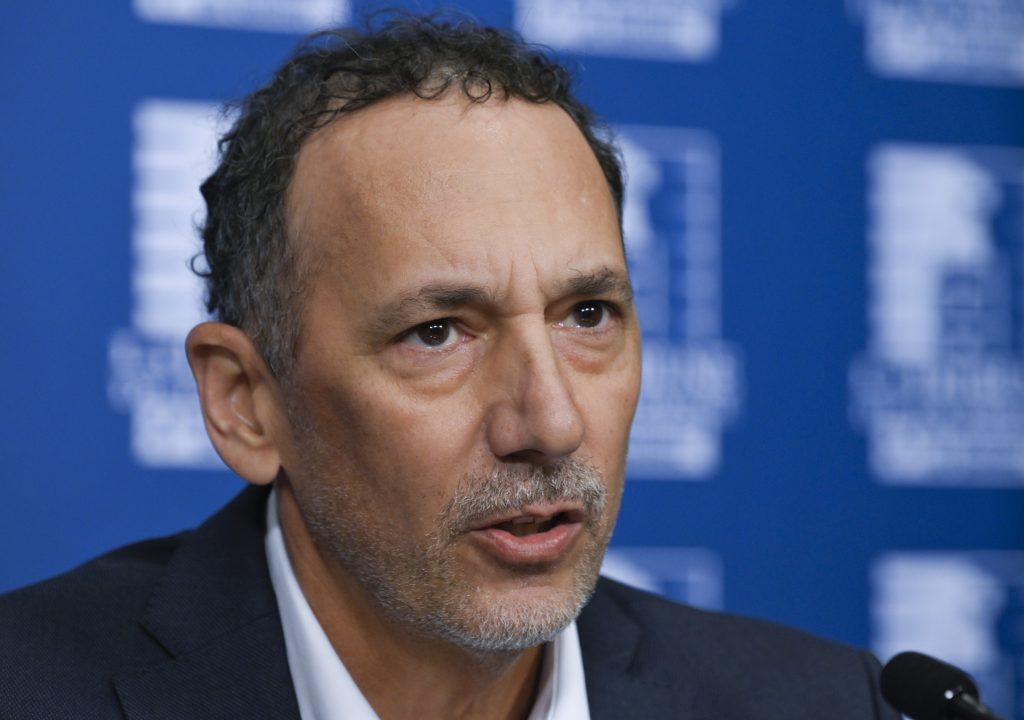Will Bill 96 affect how English-speakers in the province receive health care?

Posted May 20, 2022 2:47 pm.
Last Updated May 20, 2022 6:15 pm.
Bill 96 – according to the Quebec government – is a moderate reform that will improve protection for French-language while preserving English services. But critics say the bill will limit access to health care and more.
Premier Legault insists nothing will change and there is misinformation being spread. But experts warn that there isn’t much in the bill that clearly guarantees the continued rights to health care and social services in English.
“Little exemption appears to only apply if someone’s life is in imminent danger of death,” said Marlene Jennings, president of Quebec Community Groups Network.
Bill 96 requires government agencies, including health services to communicate with the public in French except for “where health, public safety or the principles of natural justice so require.”
But what does this entail exactly? It has not been defined.
RELATED:
What’s in Bill 96? And why is it tearing apart Quebec’s uneasy language truce?
Quebecers against an increase in immigration: new poll
English-speaking nurse says Quebec more focused on culture than workforce
There are also exceptions for people who have the right to English education in Quebec, those who have previously communicated with the government in English, and immigrants who have lived in the province for less than six months.
“The Premier has not taken head-on the fact that Bill 96 appears poised to forbid people from using a language other than French when communicating with their patients or clients,” said Robert Leckey, Dean, Faculty of Law, McGill University. “So you’re a Ukrainian refugee. You happen to find a social worker, a nurse, and a therapist who speaks Ukrainian. Bill 96 is going to tell the public servant that they’ve got a duty to speak French and Bill 96 is going to tell them that they shouldn’t derogate from that duty, except in a very narrow set of exceptional circumstances.
The Minister Responsible for the French Language, Simon Jolin-Barrette, referenced section 15 of the Provincial Health Act, which is supposed to guarantee that people are entitled to have health and social services in their own languages even if it’s French or English.
But experts argue that the bill is too vague.
“If a government really wanted to show or to clarify the Bill 96 would not apply to the health and social services sector. It could amend the bill to make that plain. The government knows very well how to draw lines between different sectors of the public service,” explained Leckey. “The secularism law from 2019 Bill 21, applies to secondary schools and primary schools, but not to daycares and not to health and social services. So that kind of line drawing is something legislative drafters are very good at, and we’re not seeing that kind of clear sector carve-out in Bill 96, and that’s why people in health and social services are so anxious.”
Jennings adding, “I urge every Quebecer regardless of your language, to really pay attention to this Bill 96. It suspends our fundamental rights and freedoms guaranteed under the Quebec Charter of Rights and Freedoms and the Canadian Charter of Rights and Freedoms.”








